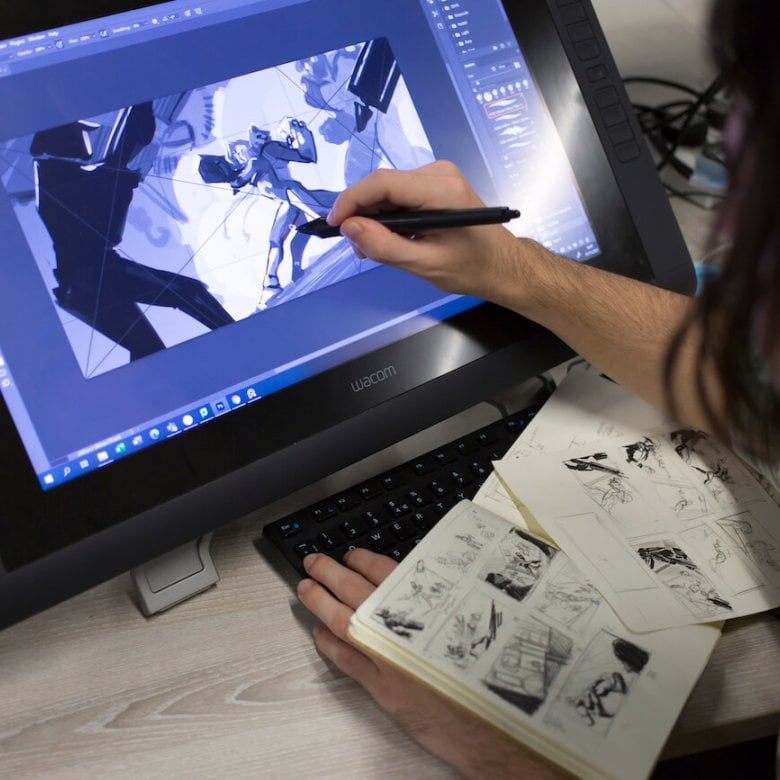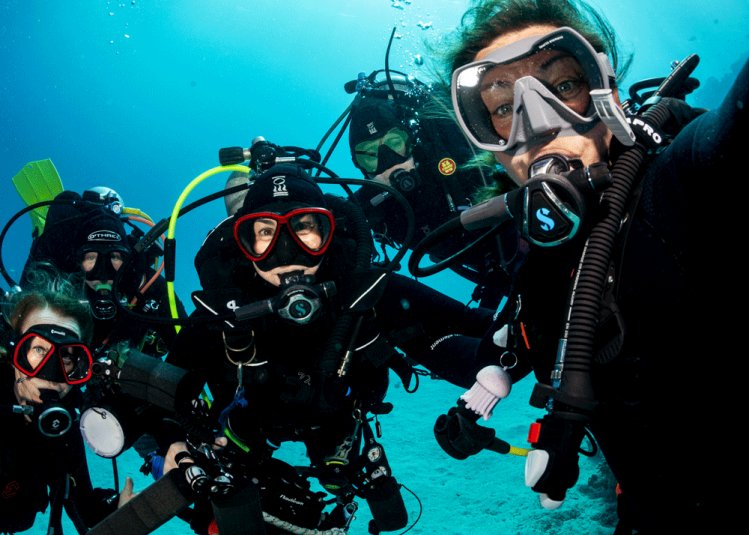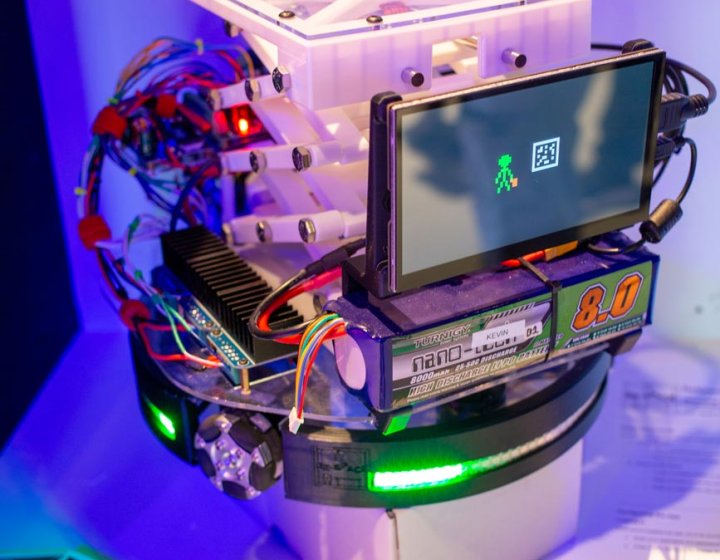The difference between studying Game Art and Game Development: Art
15 October 2025

With two Game Art undergraduate degrees within the Games Academy, you might need a hand picking between the two.
Game Art BA(Hons) and Game Development: Art BA(Hons) are two courses have some slight differences in their structure – particularly in the first year of study - so if you’re interested in studying the subject of game art but aren’t quite sure which degree is right for you, keep reading to find out the key differences of each undergraduate course.
Game Art BA(Hons)
If you choose to study Game Art BA(Hons), in the first year you’ll be enrolled in specialist art modules like Concept Art, Environment Art and Character Art. In the first year of the degree, students have more time to focus on developing their individual game art skills; there isn’t any engagement with group game development work until the second year of the course.
Who’s the course for?
The Game Art degree is a better fit for students who wish to study the full range of digital art subjects in the first year including how to create concept art, developing character art, environment art and life drawing. This course is also better suited to students who do not have prior experience of group game development using game engines such as Unreal or Unity.
As an example:
- In the Concept Art module, students focus on developing their 2D art skills using Adobe Photoshop.
- In the Character Art module, students focus on 3D character sculpting and detailing with ZBrush and Substance Painter.
- In the Environment Art module students focus on developing their 3D environment modelling, texturing and lighting skillset with Maya, Substance Painter and the Unreal game engine.
In the second year of the Game Art degree, students get to pick one specialist game art module from Environment Art, Concept Art or Character Art, which allows them to further develop their skills in their chosen specialism. From second year through to third year, students on the Game Art course also work on collaborative group game projects with peers from the other disciplines within the Games Academy, and make real games.
Game Development: Art BA(Hons)
If you choose to study Game Development: Art BA(Hons), you’ll learn what it takes to develop games while mastering core game art abilities. In the first year of the degree, students work on a group game development project; learning the foundations of how to develop games and applications. Students are also enrolled on the Environment Art modules which look at 3D modelling, scene setup, UV mapping and texturing techniques within a 3D game context.
Who’s the course for?
The Game Development: Art degree is a better fit for students with prior experience of game engines such as Unreal or Unity, and who want to dive into group game development work from year one. This course is also suited to students who wish to focus more on developing their 3D art skills, as the 2D Concept Art modules are not included in year one of this course. Instead, you’ll experiment with digital media formats in the Digital Creativity module and work in teams to produce a digital product or service in the Multidisciplinary Teamwork module.
In the second year of Game Art: Development BA(Hons), students get to pick one specialist game art module from Environment Art, Concept Art or Character Art, allowing them to specialise in an area that suits them.
So – which course should you pick?
In summary, Game Development: Art BA(Hons) teaches the foundations of all aspects of game creation within a collaborative development team from year one, whereas Game Art BA(Hons) offers a deeper dive from day one into the creative and technical art skills of producing visual content for games.
Whichever course you choose, you’ll be supported by an academic team of professional game art practitioners and developers, learning in one of the largest dedicated games studio spaces of any UK university.
This guide was updated in 2025. If you’re joining us from 2026 onwards make sure to check the module detail on the course page, as modules and titles are often updated with the latest industry technology.
Any questions?
If you have any questions about undergraduate study at Falmouth, get in touch with our Future Studies team.




